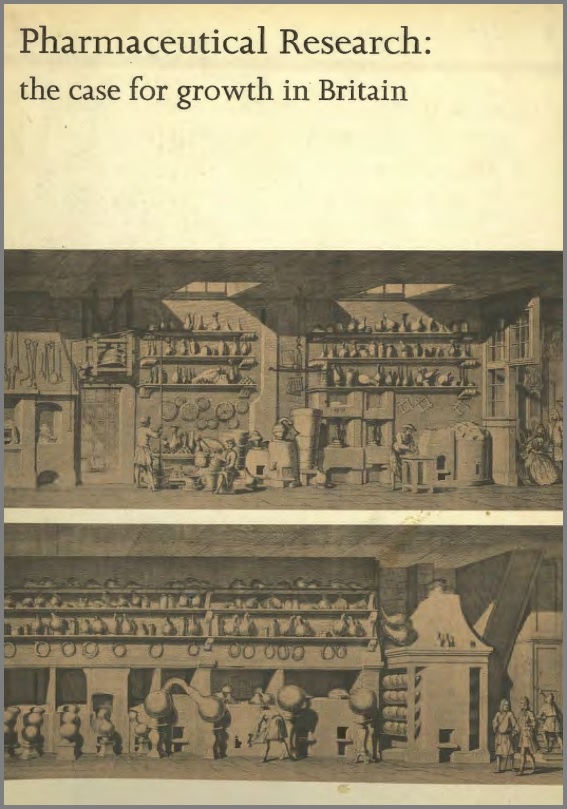Sign up to our newsletter Subscribe
Analysing Global Immunisation Expenditure

ONE of the problems in Britain today is that too little of its academic research is associated with successful innovation in industry. The result is that we have contributed generously to the world stock of fundamental knowledge, but we have failed to benefit…
ONE of the problems in Britain today is that too little of its academic research is associated with successful innovation in industry. The result is that we have contributed generously to the world stock of fundamental knowledge, but we have failed to benefit commensurately in terms of earnings from the sale of innovations in world markets.
This paper is concerned only with research relating to medicine. However, the picture which emerges and the lessons which can be learnt from it may apply in the many other cases, particularly where the government acts as an indirect sponsor of industrial research through its role as a customer. First class fundamental research has been undertaken by the Medical Research Council and the medical schools in this country. Medicine throughout the world is indebted to Britain’s contribution. The major applied research in this field, which is undertaken by the pharmaceutical industry in their development of new medicines, also has a good record, in terms both of innovation and of its earnings from world trade. But an in-balance appears to be emerging between the support for academic research and for that of the industry.
Government expenditure on medical research has increased rapidly over the past decade. Yet the pharmaceutical industry, which could benefit from such fundamental work and develop new medicines based on it, appears to have expanded its own research effort at a slower rate. The emphasis seems to have been more on government financed academic research than on industrial applied research. To some extent this may result from public policy. There has perhaps been a greater willingness to provide direct support for research under taken by the Medical Research Council and the universities, than there has been to provide economic encouragement for the pharmaceutical industry to expand its research. This, in turn, may have arisen from a failure to understand the economics of innovation in research-based companies.
Seen in the narrow context of the National Health Service, the pharmaceutical industry may have been judged primarily on its ability to manufacture and supply good quality medicines at the lowest possible prices. In the broader context of the national economy, the industry must be considered instead as an exemplar of the research-based industries, on the success and growth of which Britain’s future depends. As such, its performance must be judged by different criteria. Competitive success in world markets will depend more on successful innovation than on price. We need an economic climate which is conducive to innovation.
If indeed the experience of the pharmaceutical industry is relevant to the problems of other research-based industries this paper presents a case which is of the greatest significance for Britain. There have been criticisms of industry generally for its failure in innovation. At the same time there have been criticisms of the industry’s high prices, profits and costs of sales promotion, which we believe to be concomitants of successful innovation. If we continue to criticise the profitability and marketing activities of the research-based industries in this country, we can never achieve the technological success of countries such as Germany, Japan and the United States. Before this argument is dismissed as special pleading on behalf of a much criticised industry, we would ask that those who determine public policy should at least consider Britain’s pharmaceutical industry in a world-wide setting, rather than in terms of the National Health Service alone.
Pharmaceutical Research: the Case for Growth in Britain
